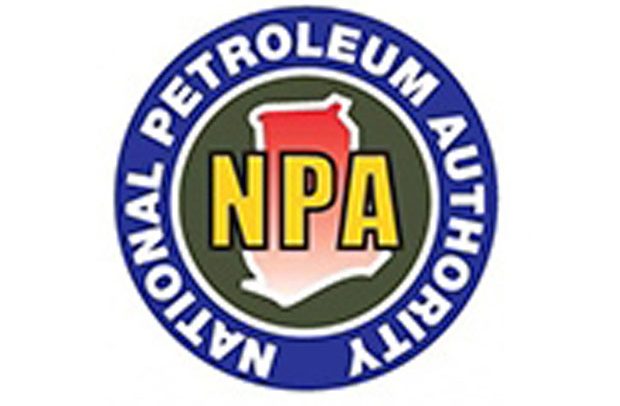The National Petroleum Authority (NPA) has announced the commencement of the Cylinder Recirculation Model (CRM) during an engagement with senior media personnel last week.
The project whose dividends are varied have taken many years until this final takeoff.
Speaking during the engagement at the NPA headquarters in Accra, the Deputy NPA CEO, Perry Okudzeto, solicited the support of the media in the project.
Residents of Accra and other places do not have to own cylinders to buy LPG from selling points to be dotted at vantage locations in the neighbourhoods.
“Filled LPG cylinders will be kept at exchange points for customers to pay for the content and pick up the filled cylinders after registering with their National Identity Card or other recognised identification cards,” he disclosed.
The implementation of the CRM, he said, would be spearheaded by the NPA and its partners under the supervision of the Ministry of Energy.
He said the CRM would run side by side with the current distribution model until it is phased out, as a 50-member committee was working on the CRM.
He said the LPG Marketing Companies had representation on the committee and their inputs had been factored into the framework.
“All industry players have been engaged, their ideas have been taken on board and the framework has been designed with their input and are ready to offer their support to ensure the success of the project,” he stressed.
Mr. Okudzeto said the implementation of the CRM was to ensure that at least 50 per cent of Ghanaians have access to safe, clean and environmentally friendly LPG by 2030.
“It is also meant to improve access to LPG, improve safety in the distribution of LPG and increase adoption of LPG.
“Additionally, it is a policy shift to stop the unnecessary loss of lives and property as well as gas filling stations, mostly due to human error,” he pointed out.
Mr. Okudzeto explained that per the CRM policy, cylinders procured from manufacturing companies would be sent to bottling plants to be filled.
The filled cylinders will be transported in bulk to exchange depots for holding and sorting before transporting them in quantities to cylinder exchange points where consumers could register and pay for any quantity for domestic and commercial consumption.
“Specialised trucks will be used to transport the filled cylinders from the bottling plants to the retail stations or exchange points, where consumers will exchange their empty cylinders for filled ones,” he added.
Mr. Okudzeto said the registration with the Ghana Card at the exchange points was necessary to have data on consumers for traceability, and the programme had been well piloted, the system streamlined and the infrastructure put in place to ensure the safe delivery and use of LPG across the operational areas.
“The NPA commissioned a pilot programme with the existing infrastructure. The pilot programme was done in the Eastern Region around the Kwaebibem area, in Ashanti Region in the Obuasi zone and then in the Northern Region in the Yendi zone. The programme taught us quite a number of lessons and that has gone into shaping the framework for the implementation of the new policy,” he said.
Mr. Okudzeto said four CRM bottling facilities – GOIL Bottling Plant in Tema and Kumasi as well as the Blue Ocean and Newgas facilities were ready to take off.
APPEB Cylinder Manufacturing Company in Awutu Senya, SIGMA Cylinder Manufacturing Company in Accra and the Ghana Cylinder Manufacturing Company at Spintex, which will be producing the cylinders to be distributed nationwide, and are also ready for the rollout.
“So far, since 2017, the first step had been to construct bottling plants that will be the main pivot around which the policy will operate since under the new policy, cylinders are going to be filled with LPG and sent to exchange points for distribution,” Mr. Okudzeto stressed.
GNA


